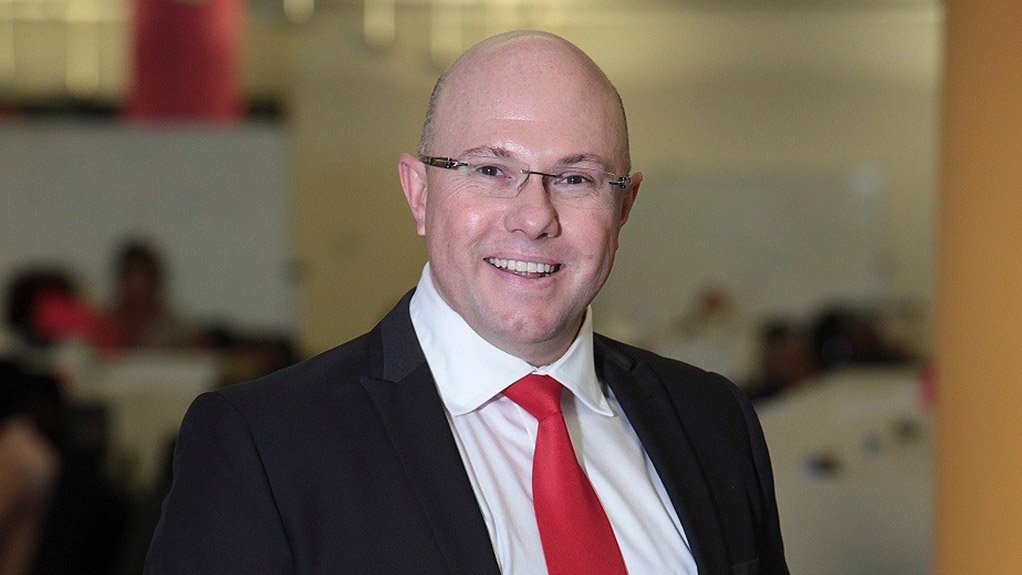New-car prices jumped by around 11.03% in 2016, says asset finance house WesBank.
The increase has been measured based on the average transaction value WesBank recorded on new-vehicle sales last year.
Using the same information for 2013, it would appear as if new-vehicle prices have increased by around 27% from January 2013 to December 2016, far outstripping the inflation rate.
Used-car price inflation was significantly more moderate in 2016, at 6.83%, driving consumers to the pre-owned market where they could secure better value deals.
Evidence of this is the fact that WesBank’s used-car finance applications increased 4.2% during 2016, resulting in 2.39 used-car applications for every one new-car finance application.
In contrast to this, WesBank received 12.1% fewer applications for new-vehicle finance in 2016.
Total new-vehicle sales in the South African market were down 11.4% in 2016 compared with 2015, ending the year on 547 442 units.
“Overall, WesBank was on par with a very accurate forecast of a 12% decline in new-car sales in 2016,” says WesBank brands and communication head Rudolf Mahoney.
“Consumer demand for new cars has decreased sharply as a result of price increases, underperforming gross domestic product (GDP) growth and household budgets becoming more stressed.
“We expect 2017 to be another challenging year for the industry, but slightly better than 2016,” says Mahoney.
“The rand/dollar exchange rate remains fairly stable at the moment, which should mean less aggressive car price increases.
“The South African Reserve Bank has a more positive GDP outlook for 2017. We also do not anticipate significant interest rate movements up or down, making affordability considerations easier for consumers.
“One of the biggest risks will be rising fuel prices, which stand to impact individual’s monthly mobility costs. The Organisation of the Petroleum Exporting Countries has agreed on production cuts, which has resulted in an immediate increase in the price of oil,” notes Mahoney.
“Should the price of oil move anywhere near the historical benchmark level of between $80 and $100 per barrel, compounded by the prevailing weak rand, motorists will see the price of fuel increase to new record highs.”
All is not lost for those scouting the market for a new car, he adds.
“Consumers can expect to benefit from aggressive marketing initiatives by the manufacturers and dealers as they compete to maintain or grow their sales numbers in 2017.
When looking at buying a car this year, look for the deal, not the car.”
Edited by: Creamer Media Reporter
EMAIL THIS ARTICLE SAVE THIS ARTICLE
ARTICLE ENQUIRY
To subscribe email subscriptions@creamermedia.co.za or click here
To advertise email advertising@creamermedia.co.za or click here













